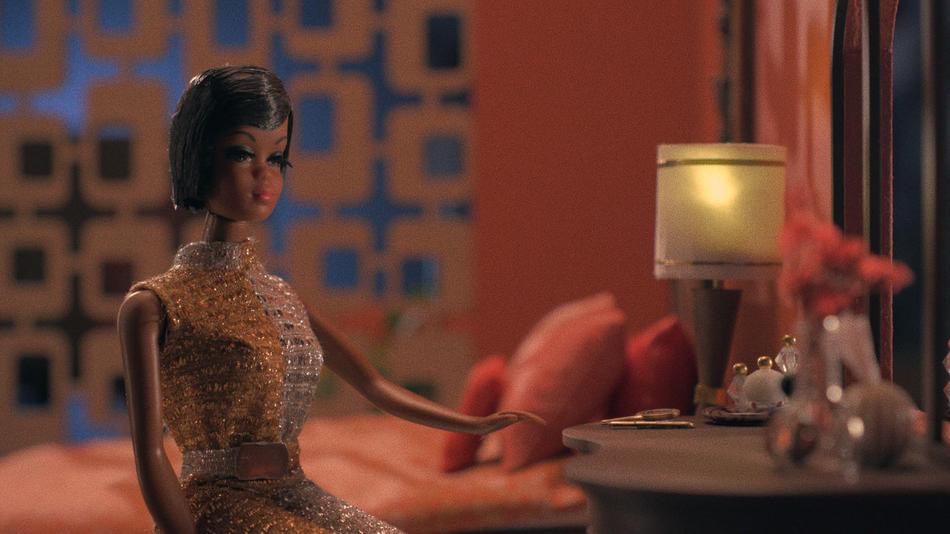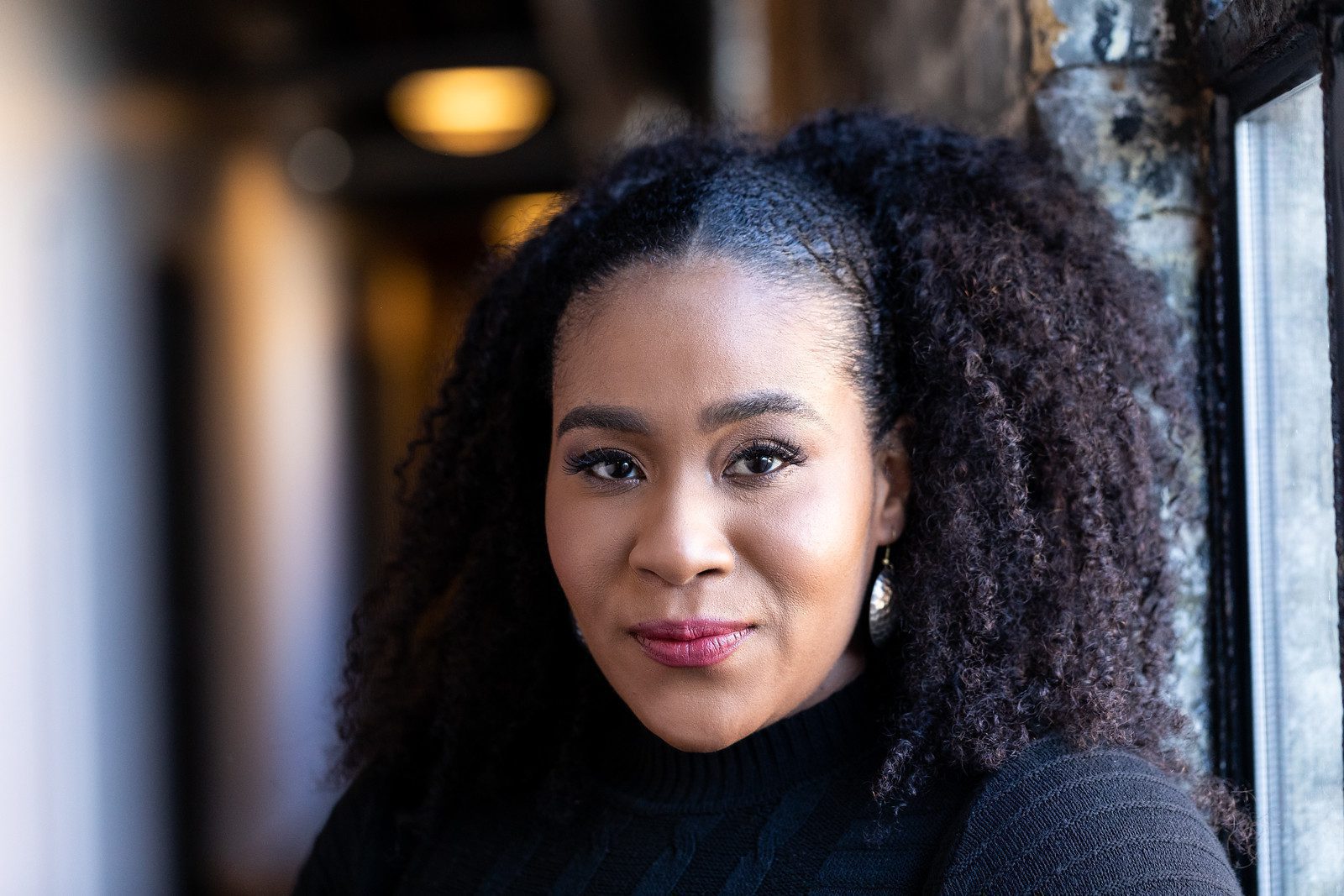
Millennial screenwriter and director Lagueria Davis wasn’t obsessed with dolls as a little girl. In fact, the talented writer didn’t see the fascination most of her friends had with baby dolls let alone their obsession with the anatomically impossible perfection Barbie represented. Davis, the rare girl unimpressed by Barbie’s feminine wiles, came from a family deeply rooted in the doll’s history. Davis’ 83-year-old aunt Beulah Mae worked for Mattel, a lifetime ago and inspired production of the first Black Barbie.
Listening to her aunt tell the story piqued interest in Davis and soon she was collecting information and chronicling the overlooked history of Black Barbie.
“It was weird seeing how much my aunt and some of my other family members loved these Black dolls and then I realized it was important to them because when they were growing up there weren’t any dolls that looked like them,” Davis explains.
Inspired by the stories her aunt shared working for the toy giant before diversity and inclusion were a thing, stirred a fire in Davis and she decided to chronicle the story in a documentary. Almost four decades after Beulah Mae helped create the first Black Barbie, her niece created a documentary to tell the doll’s history. Davis recognized the story of Black Barbie ran parallel with racism and exclusion in America with the “doll test” of the 1940s administered by psychologists Kenneth and Mamie Clark. The infamous test showcased the effects of self-hate and humiliation Black and Brown children were subjected to by not seeing themselves in positive roles in society.
“The results of that experiment provided evidence of the psychological damage done to humans from racial rejection,” Davis says.
Davis engages other Black men and women who worked with Mattel over the years and were responsible to contributing to the doll’s growth and representation. We see Black Barbie become more than just a White doll dipped in chocolate, to embracing cultural features, fashion choices, physical characteristics and even hair texture that offers a closer representation of Black and Brown children.
Davis acknowledges progress has been made but after administering a doll test with adolescents today, it’s clear there is still so much more work to be done in an effort to make children of all backgrounds, races and cultures be able to see themselves represented in both their toys and real-life heroes.
Black Barbie: A Documentary premiered for an exclusive engagement at 2023 SXSW. For more information on the film, visit www.blackbarbiefilm.com.Photo

















